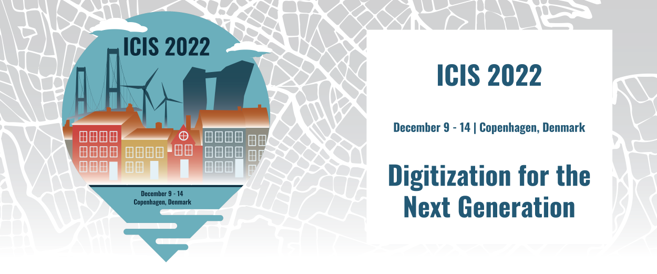Paper Number
2474
Paper Type
Complete
Description
Organizational cybersecurity is threatened by increasingly sophisticated cyberattacks. Early detection of such threats is paramount to ensure organizations’ welfare. Particularly for advanced cyberattacks, such as spear phishing, human perception can complement or even outperform technical detection procedures. However, employees’ usage of reporting tools is scarce. Whereas prior cybersecurity literature has limited its scope to utilitarian motives, we specifically take hedonic motives in the form of warm glow into account to provide a more nuanced understanding of cyber incident reporting behavior. Drawing on a vignette experiment, we test how the design features of report reasoning and risk indication impact users’ reporting tool acceptance. The results of our mediation analysis offer important contributions to information systems literature by uncovering the dominant and under-investigated role of hedonic motives in employees’ cyber incident reporting activities. From a practice perspective, our findings provide critical insights for the design of cyber incident reporting tools.
Recommended Citation
Franz, Anjuli, "Why Do Employees Report Cyber Threats? Comparing Utilitarian and Hedonic Motivations to Use Incident Reporting Tools" (2022). ICIS 2022 Proceedings. 13.
https://aisel.aisnet.org/icis2022/security/security/13
Why Do Employees Report Cyber Threats? Comparing Utilitarian and Hedonic Motivations to Use Incident Reporting Tools
Organizational cybersecurity is threatened by increasingly sophisticated cyberattacks. Early detection of such threats is paramount to ensure organizations’ welfare. Particularly for advanced cyberattacks, such as spear phishing, human perception can complement or even outperform technical detection procedures. However, employees’ usage of reporting tools is scarce. Whereas prior cybersecurity literature has limited its scope to utilitarian motives, we specifically take hedonic motives in the form of warm glow into account to provide a more nuanced understanding of cyber incident reporting behavior. Drawing on a vignette experiment, we test how the design features of report reasoning and risk indication impact users’ reporting tool acceptance. The results of our mediation analysis offer important contributions to information systems literature by uncovering the dominant and under-investigated role of hedonic motives in employees’ cyber incident reporting activities. From a practice perspective, our findings provide critical insights for the design of cyber incident reporting tools.
When commenting on articles, please be friendly, welcoming, respectful and abide by the AIS eLibrary Discussion Thread Code of Conduct posted here.



Comments
06-Security